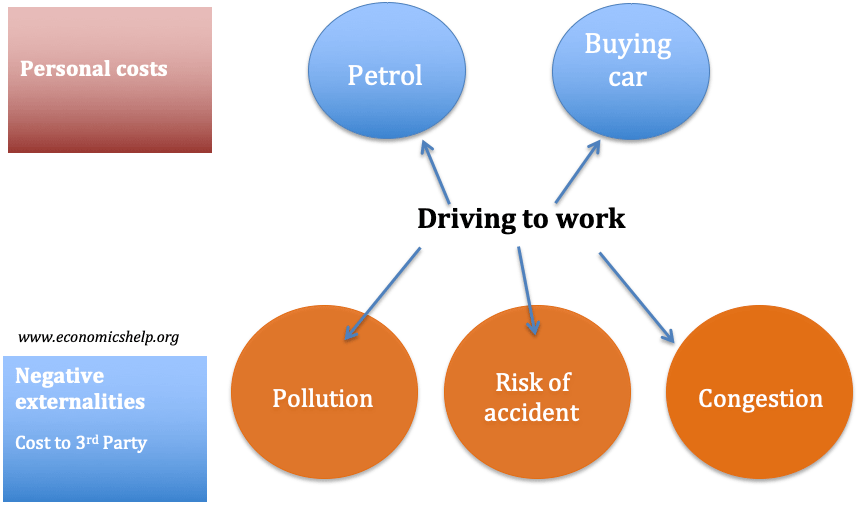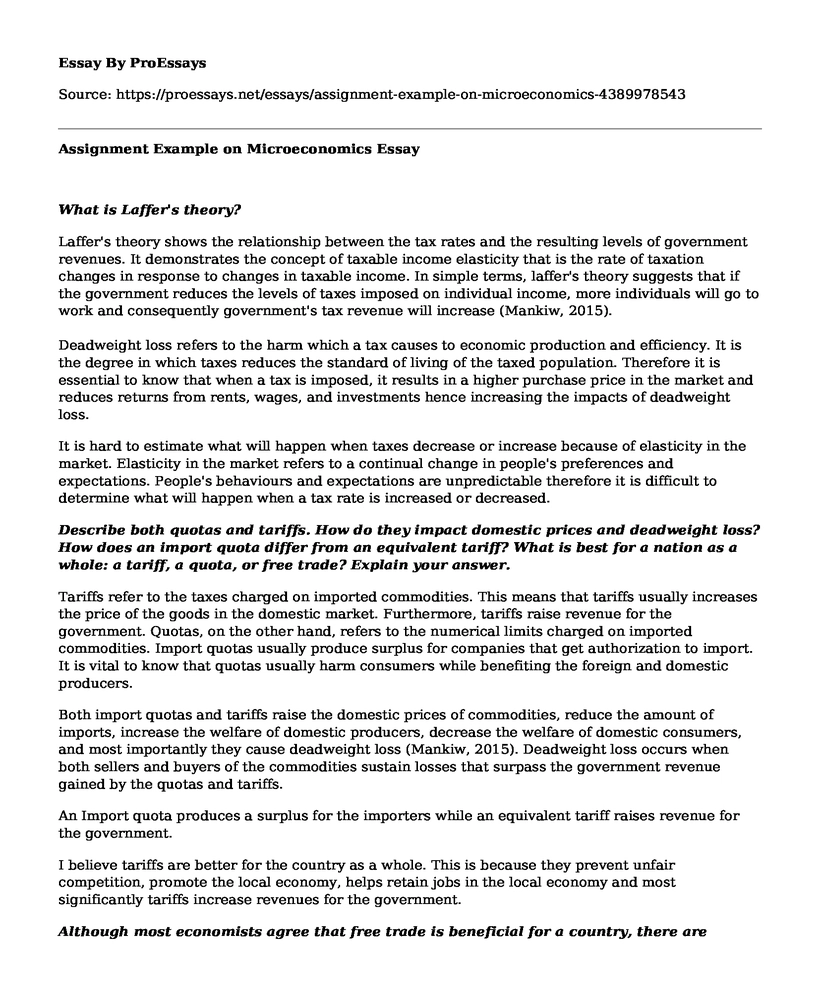Microeconomics is the study of how individuals and firms make decisions and how those decisions interact in markets. It is a branch of economics that looks at the behavior of small units, such as individuals and firms, in making decisions about the allocation of scarce resources. In the context of healthcare, microeconomics can be used to understand and analyze the various decisions made by healthcare providers, patients, and insurance companies.
One example of microeconomics in healthcare is the decision of a patient to seek medical treatment. Patients must consider the cost of treatment, their level of insurance coverage, and their own preferences and values when deciding whether or not to seek medical care. For example, a patient who has a high deductible health insurance plan may choose to delay seeking treatment for a minor illness in order to save money. On the other hand, a patient who values their health highly may be willing to pay more for medical treatment in order to ensure their well-being.
Another example of microeconomics in healthcare is the decision of a healthcare provider, such as a doctor or hospital, to offer certain medical treatments or procedures. These providers must consider the cost of providing the treatment, the potential revenue they may receive from it, and the demand for the treatment in the market. For example, a hospital may choose to invest in expensive medical equipment, such as a CT scanner, because it believes there is a high demand for CT scans in the area and that it can generate sufficient revenue to justify the cost.
Insurance companies also make decisions based on microeconomic principles. They must consider the costs of providing insurance coverage, the premiums they charge to their customers, and the risks they are willing to take on. For example, an insurance company may choose to deny coverage for a particular medical treatment if it believes the treatment is too risky or not cost-effective.
In summary, microeconomics plays a significant role in the healthcare industry, influencing the decisions made by patients, healthcare providers, and insurance companies. Understanding microeconomic principles can help stakeholders in the healthcare industry make informed decisions about the allocation of resources and the provision of medical services.









